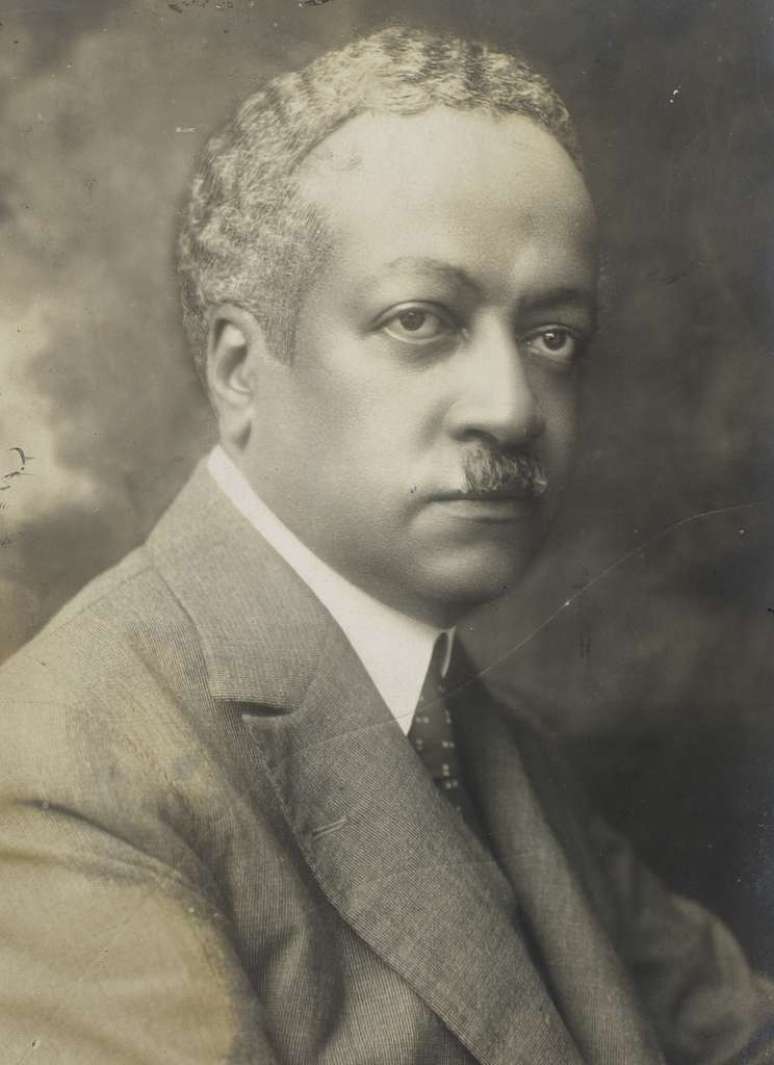How racism affects the mental health of Brazilians
In addition to mobile devices, which are increasingly in demand today, there is a villain that is even more dangerous than screens for people’s mental health: racism.
Although the Canadian Journal of Psychiatry study has already shown that the more screens are used, the higher the anxiety level of users, all types of anxiety disorders that affect some populations, such as Brazil, have not yet been named. Even though he is the one who spends the most time online (as reported by the company App Annie), there is a still undiagnosed prism of damage to the mental health of Black Brazilians. Considering that the majority of Brazil’s inhabitants are black or mixed race, it is essential to map issues related to the racialization of these individuals as causes of anxiety in the country.
After all, how do these people who make up the majority of those living on the streets feel and think about themselves; deprived of liberty; survivors of extreme poverty; in houses that do not meet minimum habitability standards? The black population is also the majority among those with lower incomes; informal jobs; among those who depend on waste (recyclable and non-recyclable); in a situation of food insecurity; in suicide rates.
Disparities affect the black population from an early age. Throughout their schooling (as data from the 2018 “All for Education” movement shows), black children ages 0 to 3 have the lowest percentage of kindergarten enrollment. Only 53.9% of self-reported black youth completed high school by age 19, 20 percentage points lower than the rate for white youth.
Among black students who enter the school environment there is also a high incidence of anxiety and low self-esteem, due to the invisibility and racism present. They are unable to see themselves in many places, as the culture and spaces are predominantly white, providing a feeling of loneliness little explored in clinical psychology.
After all, how do you measure the impact of racism on the mental health of Brazilians?
These social indicators (in which blacks are always identified at the worst rates) do not constitute a diagnosis of specific psychological distress. However, there is an urgent need to include them in mental health discussions and measures based on examining the effects of racism in Brazil.
The black population lives with a type of post-traumatic stress which, while affecting the victims’ self-perception and self-esteem, cannot be individualized as it has a collective character and does not result exclusively from a relevant (lack of) public health phenomenon. But of structural historical processes based on socioeconomic inequalities.
It is a fact that the systematic violence of the State; the frightening number of youth deaths; mass incarceration; Continued exposure to discriminatory situations from childhood is a factor associated with mental illness in people of color. But there was a time when this group was also a victim of Eurocentric science.
Although not immortalized by cinema or mass documentary productions, Brazil had a hero who faced scientific racism: Giuliano Moreiraone of the first black doctors in the country, a graduate of the Faculty of Medicine of Bahia and a founding member of the Brazilian Academy of Sciences.
His prestige and education – including, the support of one of the greatest scientists of the 20th century, Albert Einstein – are due to his unforgettable contributions in the fight against racial theories.
Juliano Moreira, aware that medicine and psychology were not designed by or for people of African descent, was the doctor responsible for the democratization of the structure that humanized the asylum in Brazil. Among other achievements, Juliano published his seminal study on paranoia; he pioneered the introduction of laboratories within hospitals; he implemented decisive changes, even in nursing homes: he removed the bars, removed the handcuffs that held the inmates, installed windows that ventilated the environment and separated adults from children.
In that period (after the abolition of slavery and the establishment of the Republic in the country), suffering and trauma were still called, but Juliano Moreira led a scientific advance that was a watershed. In contrast to those who attempted to attribute responsibility for inequalities, madness and crime to crossbreeding, the doctor managed to scientifically demonstrate that the theory was unfounded, invalidating the programs for improving the race.
It is necessary to carry forward this legacy of denaturalizing privilege and unfounded racial theories that support entire structures.
As published in the article ‘Impact of racism on mental health’, by Estadão and Geledés, “while European psychological theories do not conceive of racial oppression as a cause of psychological suffering, racism continues to demonstrate its lethality with the countless cases of depression and suicide”.
If inequality is maintained permanently, in Brazil the population that directly and incessantly suffers these consequences becomes ill, especially because they do not have remedial measures or public policies specific to the causes of their pain.
Source: Terra
Jason Chilton is a well-known journalist who specializes in writing about trending topics. He works at 247 news updates With a keen eye for what’s hot and a talent for digging deep into the issues that matter most, Jason’s writing provides readers with a unique perspective on the latest trends and happenings around the world.




